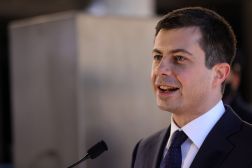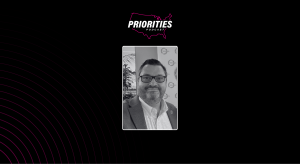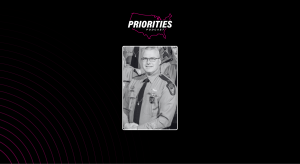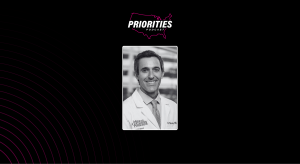Columbus wins federal Smart City Challenge, $140M award
Columbus, Ohio, has won the U.S. Department of Transportation’s Smart City Challenge for its plan to stand up a next-generation transit system based on driverless shuttle cars and connected buses, the White House announced on a press call Thursday.
Beating six other finalists — including San Francisco and Austin, Texas — the city will receive a $40 million federal grant as well as $10 million from Vulcan Inc., which is owned by Microsoft cofounder Paul Allen. Columbus businesses have promised to contribute another $90 million.
“We expect that Columbus will not only help lead the way in deploying smart city technologies but that this will seed a collaboration across … many cities all across the country that are looking to reimagine their transportation systems,” U.S. Transportation Secretary Anthony Foxx said during the call.
Under the Columbus plan, the city will apply the money toward buying driverless cars and building out a smart bus corridor with connected vehicles. The driverless cars will act as shuttles, connecting low-income neighborhoods with commercial corridors, existing rapid transit and health service centers.
These neighborhoods were selected because they have three times the unemployment and six times the incarceration rate compared to other areas — and are experiencing an infant mortality crisis, Columbus’ Mayor Andrew Ginther said during the call.
“We’ve put forth an aggressive, forward-thinking and realistic program that we think is transferable around the world,” Ginther said.
The city’s plan was judged based on criteria in Beyond Traffic 2045, a framework created by the DOT that focuses on using data and infrastructure to increase mobility and reduce the $160 billion cost in wasted gas and time incurred by traffic snarls.
“Obviously, dealing directly with these challenges of increased congestion and using things like autonomous vehicles to address those issues is clearly an area that is worthy of exploration,” Ginther said.
All seven finalists used $100,000 grants from the Department of Transportation to develop their pitches. The cities that did not win will be linked with private funding options through the program.






